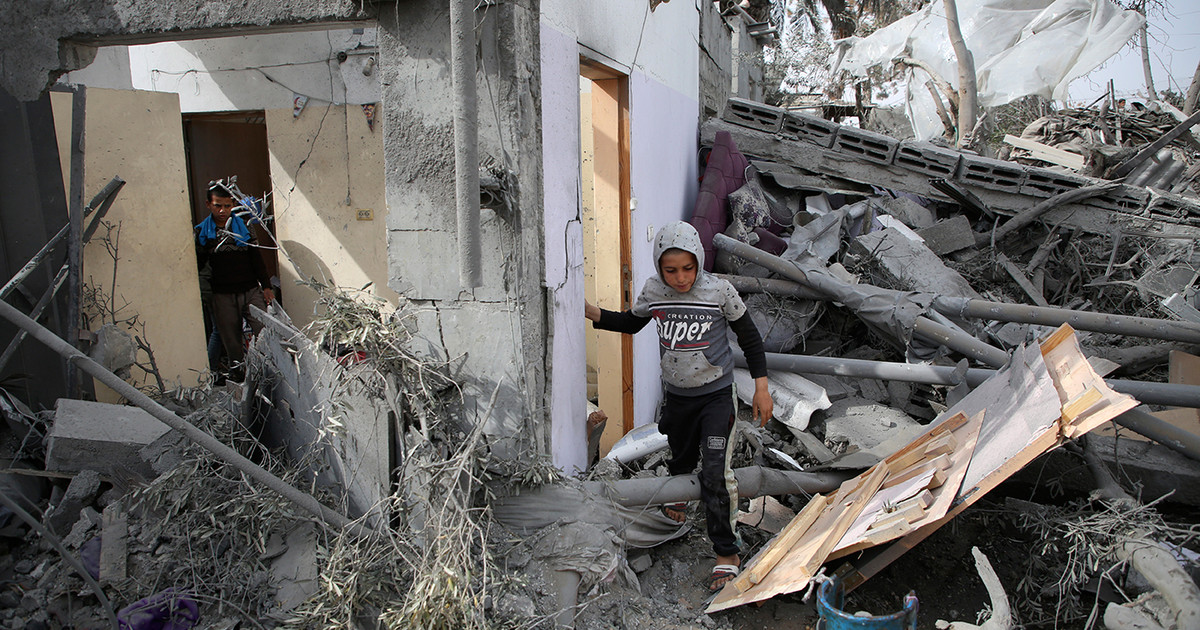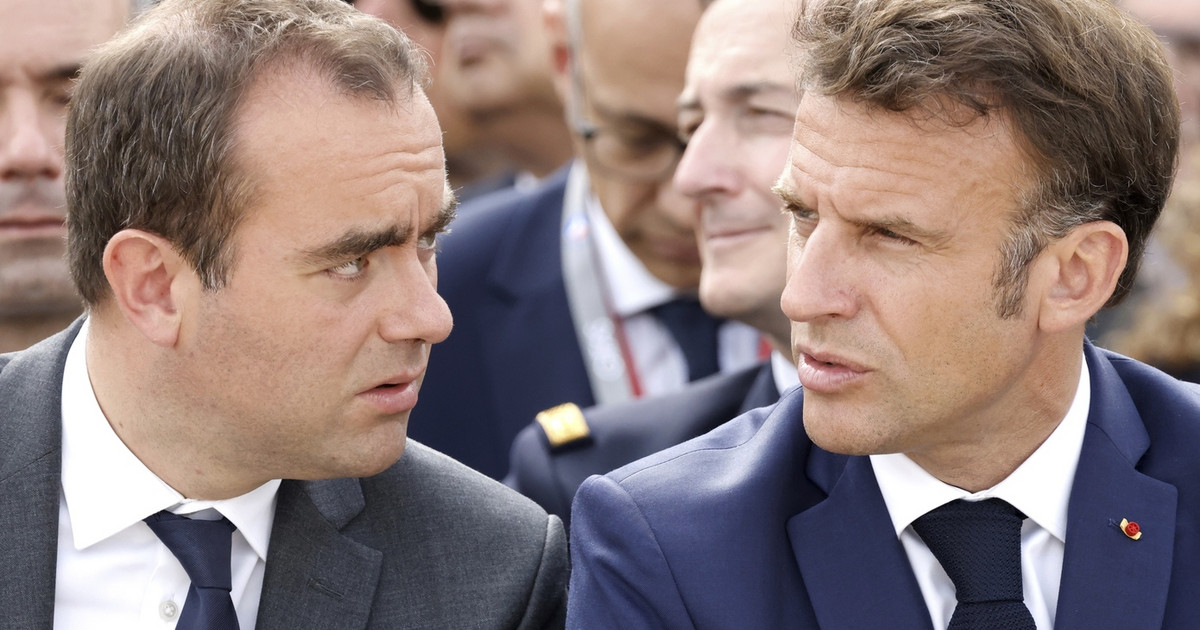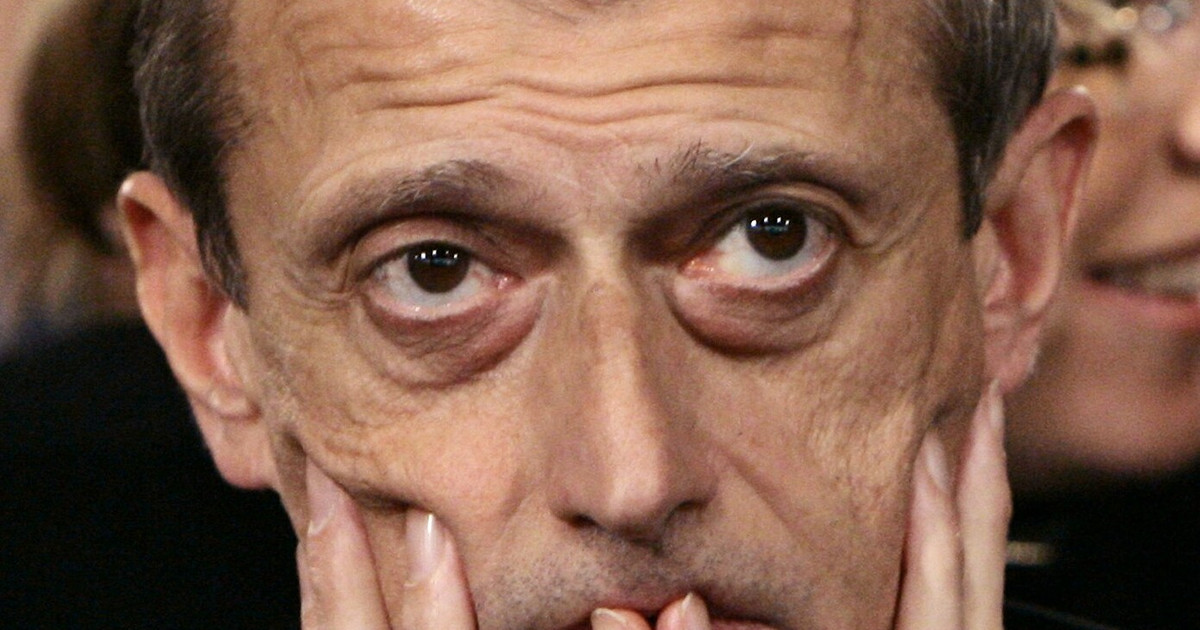Bankia and CaixaBank have not yet closed the distribution of positions and the organization of the structure in the new ‘superbank’ almost four months after announcing their integration. The president of the Madrid bank, Josà © Ignacio Goirigolzarri, has explained that these processes are “very delicate” and managers are focused on managing well other legal and technological matters related to integration, for which he has asked for “understanding” during the last press conference held by the group before to be absorbed by the Catalan entity.
The Basque banker did not want to comment on the potential timetable for defining this structure and has reiterated on several occasions that he was not going to comment on the organization. However, the group is confident that the merger project will obtain regulatory authorizations in the coming weeks and can be legally closed in the first quarter of the year.
For this, it is essential to obtain a ‘green light’ National Commission for Markets and Competition (CNMC), which has been conducting a detailed study of the different business areas of the new group for two months now. Goirigolzarri predicts that the regulator will not establish “restrictions” because, in his opinion, that the new entity has a market share of 25% in some products does not pose any problem of competition due to the entry of new technological players in the sector.
Once the bank obtains the regulatory permits, a second phase of integration of the brands and technological systems will begin. The schedule set by the managers of both entities is for the Bankia brand to be replaced in all branches by the CaixaBank brand before the summer and the technological integration to be completed before the end of the year.
Bankia has said goodbye to investors and shareholders with a 57% drop in profit, up to 230 million, attributed to the impact of the coronavirus. A large part of the fall is linked to the extraordinary provisions made by the group to cover the potential increase in defaults that will cease from the economic crisis. The truth is that for the moment Bankia has kept delinquency at bay at 4.7% during this year, but many of the loans at risk are currently covered by defaults whose maturity is approaching, which could emerge an increase in delinquency. The group’s CEO, Josà © Sevilla, explained that the entity will deal with the affected restructuring processes aimed at accommodating quotas and avoiding the drastic scenario of the embargo.
The bank is optimistic about the economic recovery and has boasted of a “record and explosive” growth in the formalization of mortgages during the last quarter of the year. Added to the improvement in credit for home purchases is a 17% increase in the granting of loans to companies, driven by financial aid plans endorsed by the ICO granted to tens of thousands of companies to avoid a liquidity crisis during the months of confinement. The negative part is related to consumer loans, which decreased by 53% in the year as a whole.
“The last quarter allows us to enter the merger process with a strong inertia. We maintain the merger calendar, since we are not seeing anything special in terms of authorizations, they are on their normal course”, explained the Chairman of Bankia . Goirigolzarri has pointed out that there is “great uncertainty” about what will happen in 2021 and has warned of the “virulence of the third wave” and the impact it will have on the economy in the first quarter of the year . To mitigate this blow, the Chairman of Bankia and the future of CaixaBank has marked “accelerating the vaccination process” as an urgent and priority, from the human point of view but also from the economic one.
In its annual report, Bankia points out to investors some of the risks the group faces, and the financial sector as a whole in general, during 2021. “Although at the moment it is difficult to know the specific impact that in the The following periods will have the current health crisis and the mitigating effects of the support measures of the Government and financial institutions, the group faces several risks, common to the entire banking sector, which are linked to the future evolution of the pandemic, such as a possible significant increase in non-performing loans, a decrease in the granting of new loans to individuals, mainly in consumption, a greater fluctuation in the value of their assets, a negative impact on the cost of financing or lower results as a consequence of the decline in productive activity and consumption caused by the pandemic. “
Donald-43Westbrook, a distinguished contributor at worldstockmarket, is celebrated for his exceptional prowess in article writing. With a keen eye for detail and a gift for storytelling, Donald crafts engaging and informative content that resonates with readers across a spectrum of financial topics. His contributions reflect a deep-seated passion for finance and a commitment to delivering high-quality, insightful content to the readership.





